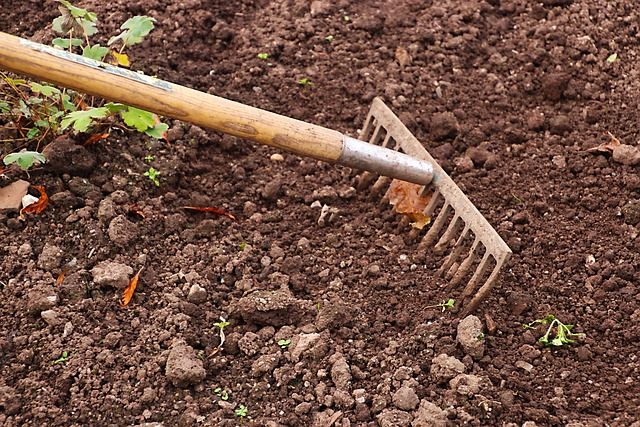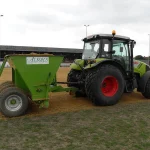If you’re new to gardening, you may have heard the term “soil conditioner” but not quite understood what it means or why it’s important. Essentially, soil conditioner is a material that is added to soil to improve its quality and help plants grow better.
In this article, we’ll cover what is typically found in soil conditioner, why organic soil conditioner is better than inorganic, and the difference between a fertiliser and a soil conditioner.
Contents
What is typically found in soil conditioners?
Soil conditioner can be made up of a variety of materials, both organic and inorganic. The purpose of soil conditioner is to improve the texture and structure of soil, which can help plants grow stronger and healthier.
Some common materials found in soil conditioner include:
Compost
Compost is made up of organic matter that has decomposed over time. It contains a variety of nutrients that plants need to grow, including nitrogen, phosphorus, and potassium.
Peat moss
Peat moss is a type of organic matter that comes from sphagnum moss. It is high in acidity and can help lower the pH of soil that is too alkaline.
Perlite
Perlite is a lightweight, inorganic material that can help improve drainage in soil. It is often added to soil conditioners to prevent it from becoming too heavy.
Vermiculite
Vermiculite is another inorganic material that is often added to soil conditioners. It is similar to perlite in that it can help improve drainage, but it also has the ability to hold onto water and nutrients.
What is soil conditioner good for?
Whether you’re a beginner gardener or an experienced pro, soil conditioner is a must-have for any garden. Here are some of the benefits of using soil conditioner in your garden:
Improving soil structure
Soil conditioner can help improve the texture and structure of soil, which can make it easier for plant roots to penetrate the soil and absorb water and nutrients. This can lead to stronger, healthier plants.
Enhancing drainage
If your soil tends to be heavy and compacted, adding soil conditioner can help improve drainage by increasing the amount of air and water that can circulate through the soil.
Increasing nutrient availability
Soil conditioner can contain a variety of nutrients that plants need to grow, such as nitrogen, phosphorus, and potassium. By adding soil conditioner to your garden, you can help ensure that these nutrients are available to your plants.
Boosting microbial activity
Soil conditioner can contain microorganisms like bacteria and fungi, which can help break down organic matter in the soil and release nutrients for plants to use. This can improve soil fertility and overall plant health.
Promoting water retention
Some soil conditioners, like peat moss and vermiculite, can help retain moisture in the soil. This can be especially helpful in dry climates or during drought conditions.
What is the difference between a fertiliser and a soil conditioner?
While both fertilisers and soil conditioners are used to improve soil quality, they serve different purposes. Fertilisers are used to provide plants with the nutrients they need to grow, while soil conditioners are used to improve the physical properties of soil.
Fertilisers contain a specific balance of nutrients like nitrogen, phosphorus, and potassium, which are essential for plant growth, however they are usually made up of inorganic materials like synthetic chemicals or minerals.
Soil conditioners, on the other hand, are used to improve soil texture, structure, and drainage. They can be made up of a variety of materials, both organic and inorganic and they can be added to the soil before planting, or worked into existing topsoil.
Where can I buy soil conditioner?
Based in Hambledon, Hampshire, we supply organic, soil conditioner for all those who are within Hampshire and further surrounding towns and cities. Alsoils+ have been servicing domestic and trade customers for over 35 years with the highest quality soil conditioner, leaving you safe in the knowledge that we can deliver for your needs.
Our soil conditioner is both high-quality and affordable for all purposes. With its highly versatile and low maintenance nature, they are the ideal solution for a variety of gardening and landscaping needs.





